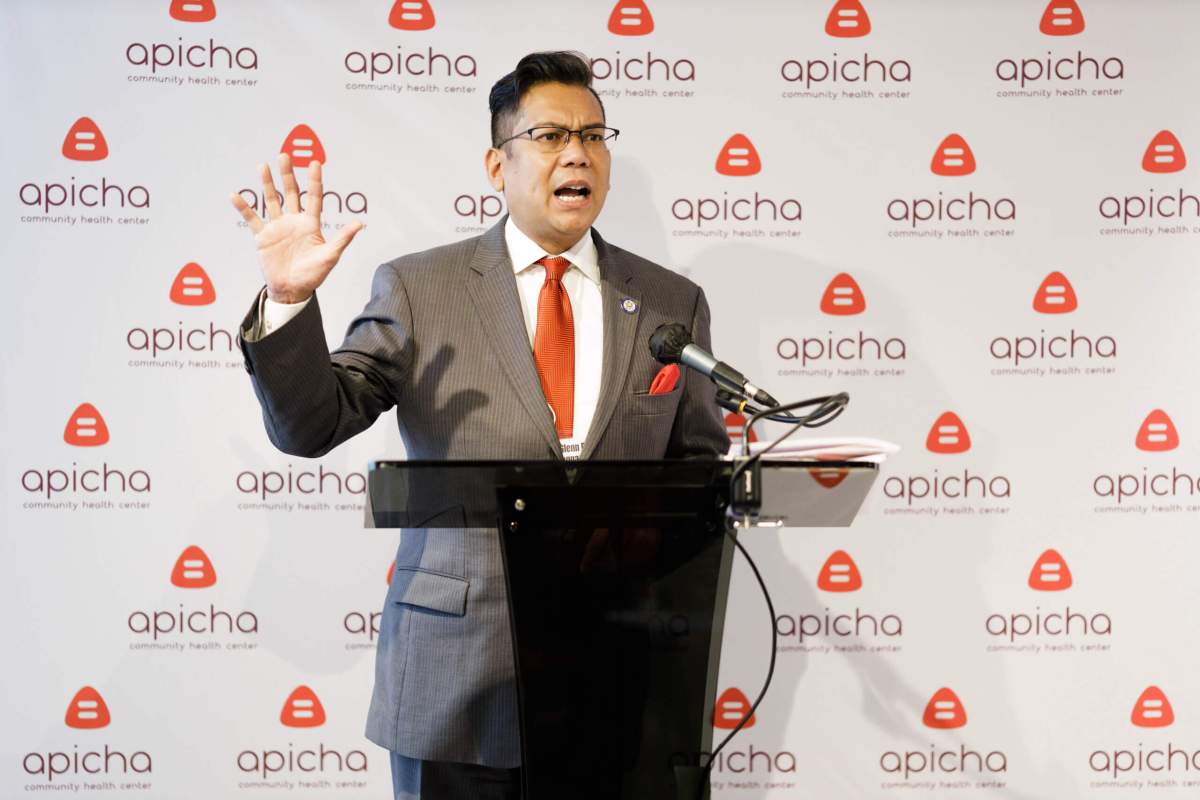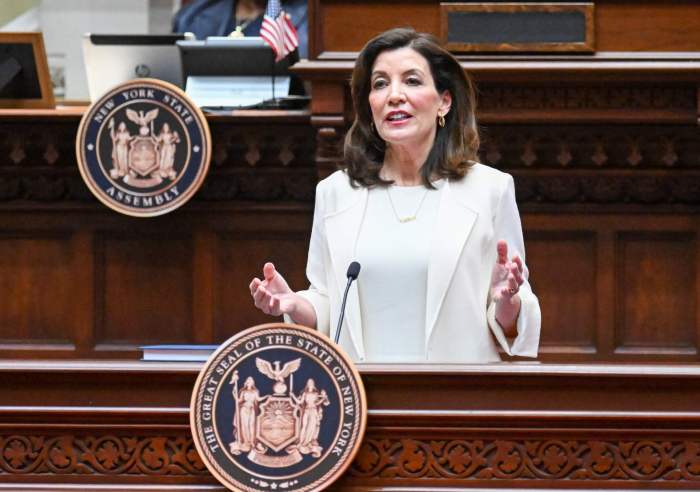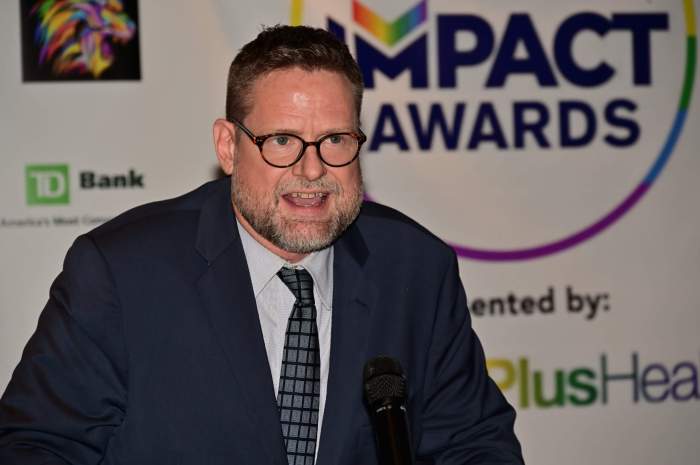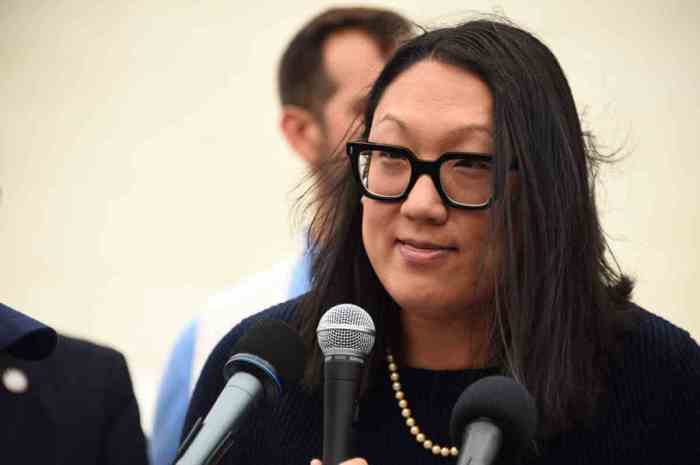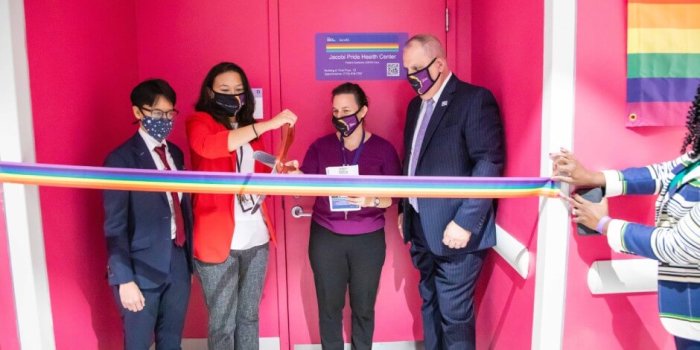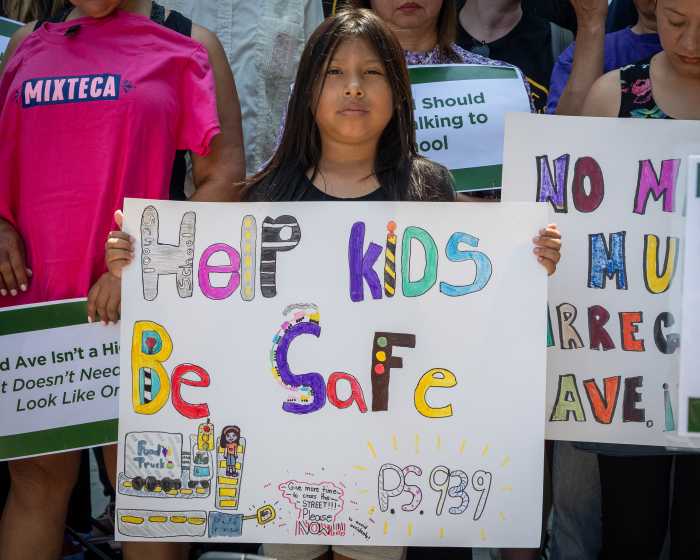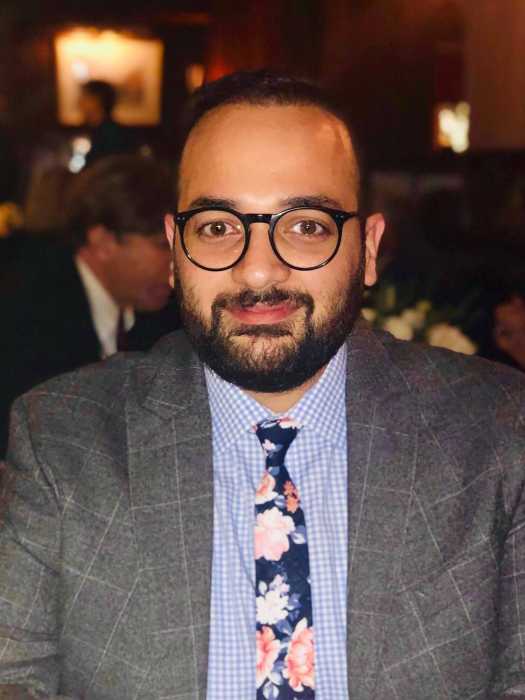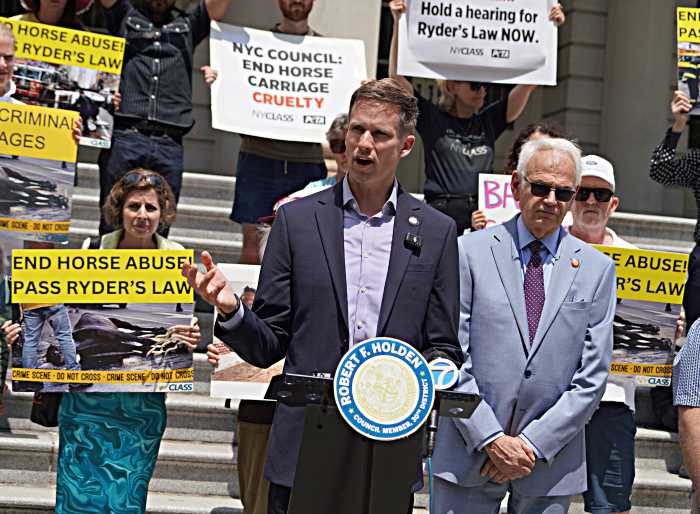A new study is shedding light on the health needs, barriers to care, and the state of services and programs for New York City’s LGBTQ Asian, Asian American, South Asian, Southeast Asian, and Pacific Islander (API) communities.
Apicha Community Health Center led the months-long study based on surveys taken between June and October of 2022 by 344 LGBTQ API people in 10 different languages. The research concluded that the greatest needs within the city’s LGBTQ API community include mental health services, greater publicity around free STI and HIV/AIDS testing, sexual health education, dermatology, and culturally competent and bilingual health providers.
The study further drew from discussions with LGBTQ API organizations in New York City, focus groups, and individual interviews. The project also featured professional assessments from staffers and doctors at Apicha, which provides health and support services and primarily serves API and Latinx LGBTQ New Yorkers. The principal investigator of the study was Glenn Magpantay, a Queens-based civil rights attorney, professor, member of the US Commission on Civil Rights, and past Gay City News Impact Award honoree.
The survey yielded calls for education after participants said they needed more testing for STIs despite the fact that organizations such as Apicha already provide such free testing. Among other needs, survey respondents expressed their desire for family planning, contraception, and pregnancy testing. Mental health and wellness needs among survey participants also included treatment for depression, anxiety, attention deficit disorder, as well as addiction treatment.
“Given the importance of mental health in our community, one thing that we found in ours survey is that the parents of the LGBTQ [community] are not given the attention that they should be given,” Therese R. Rodriguez, the CEO of Apicha Community Health Center, said during a May 31 press conference about the survey. “When we are dealing with mental health, the family should be part of the healing process of taking care of the child. This study points us in the direction of not only dealing with the medical needs, but as well as the mental health and social needs of our community.”
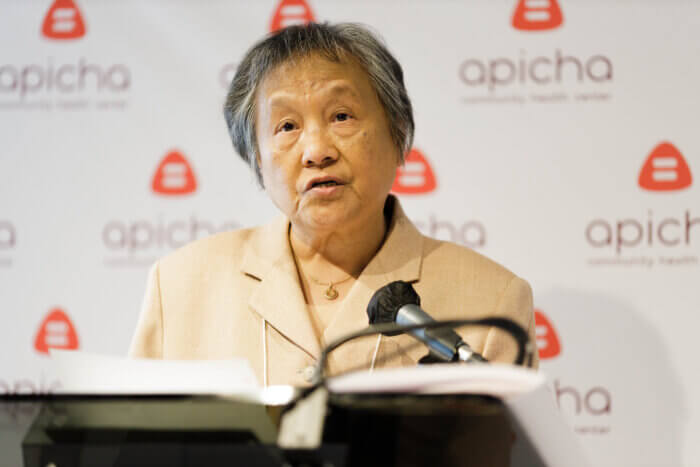
Getting the care in the first place, however, is also a key challenge. The survey results showed that the top social determinants of health preventing access to care include a lack of LGBTQ-sensitive and culturally competent care (many LGBTQ providers only speak English, according to Apicha), and cost — which is especially problematic when it comes to co-pays, deductibles, or paying out of pocket for mental healthcare. Furthermore, mental healthcare is hindered by factors such as the undocumented immigration status of clients, insurance limitations, and having to pay for care when providers do not take insurance.
To address myriad issues pertaining to mental health needs, the survey results featured a recommendation that Apicha hire a psychiatrist to provide wide-ranging mental health care, from diagnosing patients to prescribing medications.
Despite the many outstanding needs of the community, the survey did reveal some bright spots. Most of the LGBTQ API respondents reported that they exercise on a regular basis, aim to eat a balanced diet, and take time for self-care. They also said they felt “good” about their physical health and attractiveness.
However, that rating was downgraded to “fair” when respondents were asked about their mental health. Notably, mpox was not mentioned frequently as a concern — even though the survey was conducted during the time when mpox was raging across New York City and elsewhere.
The results of the survey will be used to better inform Apicha as the organization prepares programming at its new location at 82-11 37th Avenue, floors 4 and 5, in Jackson Heights.

